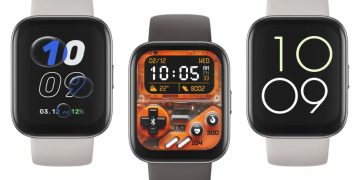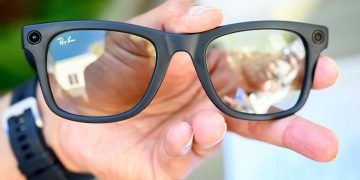We voluntarily become data fountains in the era of smartwatches and fitness trackers, continuously spewing data on our steps, heart rates, sleep habits, and even GPS whereabouts. Although there is no denying the advantages of these gadgets for tracking fitness and health, there is also a risk of security lapses and issues with data privacy.
Data Privacy Meaning
It is essentially the right to be in charge of your personal data. This includes information that can give a close image of your health and well-being when it comes to fitness trackers. When this information is gathered, saved, shared, or utilized in ways you would not anticipate or agree to, data privacy issues become relevant.
Data Privacy Issues, Examples –
Imagine employers monitoring your activity levels to gauge productivity, or health insurance firms adjusting your premiums based on information from your fitness tracker. Even if these situations aren’t necessarily true, they show how easily they might be abused.
One further thing to be concerned about is data leaks and data security issues. Fitness trackers frequently use Bluetooth to link to cell phones, yet hacking may occur over these wireless connections. Your private health information could get into the wrong hands and result in identity theft, prejudice, or even blackmail which results in data privacy problems.
So, what are some data privacy solutions? Here are a few steps you can take to protect yourself:
- Scrutinize privacy policies: Don’t just click “accept” blindly. Read the privacy policy of your fitness tracker app and any third-party services it connects to. Then try to understand what data is collected, how it’s used, and with whom it’s shared which protects you from data privacy problems.
- Limit data sharing: Many fitness trackers allow you to opt out of sharing certain data points. Take advantage of these settings to minimize the amount of information you share.
- Use strong passwords and encryption: Choose complex passwords for your fitness tracker app and phone, and enable encryption whenever possible which results in better data privacy.
- Be mindful of location tracking: If your fitness tracker offers GPS tracking, consider disabling it when you’re not using it for exercise purposes as it can arouse data privacy problems.
- Consider alternative data storage: Some fitness trackers allow you to store your data locally on the device instead of the cloud. This can offer an extra layer of security.
Data Protection And Why It’s Important
It has to do with protecting our private data in an increasingly digital environment and protecting us from data privacy issues. We may take advantage of this new technology without sacrificing our privacy if we are aware of the hazards and take precautions to keep ourselves safe.
Conclusion
Fitness trackers can be fantastic tools for staying healthy and motivated. However, it’s important to be aware of the information they gather and the possible privacy and data-related issues and hazards associated with it. You may empower yourself to use fitness trackers wisely and protect your private health information by paying attention to these pointers and remaining educated. Never forget that, in this constantly linked world, a little caution goes a long way toward maintaining your privacy.so, stay informed and stay safe!























































